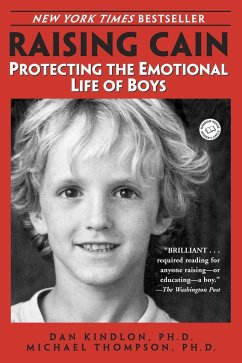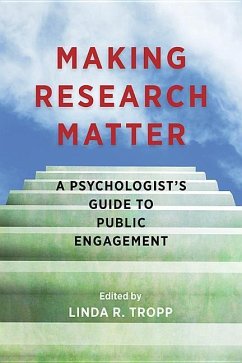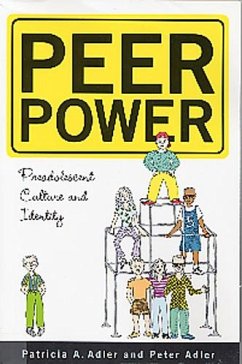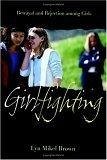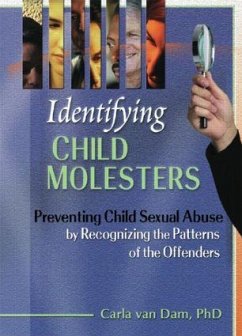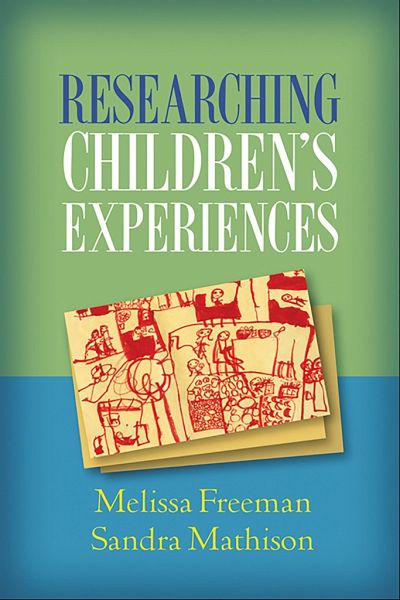
Researching Children's Experiences
Versandkostenfrei!
Versandfertig in über 4 Wochen
39,99 €
inkl. MwSt.

PAYBACK Punkte
20 °P sammeln!
This accessible book presents approaches to planning, carrying out, and analyzing research projects with children and youth from a social constructivist perspective. Rich, contextualized examples illustrate how to elicit and understand the lived experiences of diverse young people. Data-collection methods discussed in depth include drawing, photography, the Internet, games, interviewing, focus groups, journaling, and observation. Also covered are strategies for fostering the active contributions of children in the research process; navigating consent and ethical issues; enlisting the support o...
This accessible book presents approaches to planning, carrying out, and analyzing research projects with children and youth from a social constructivist perspective. Rich, contextualized examples illustrate how to elicit and understand the lived experiences of diverse young people. Data-collection methods discussed in depth include drawing, photography, the Internet, games, interviewing, focus groups, journaling, and observation. Also covered are strategies for fostering the active contributions of children in the research process; navigating consent and ethical issues; enlisting the support of parents, school personnel, and other gatekeepers; and interpreting data. Throughout, the authors emphasize the need to attend to the social setting in which research with children is done. End-of-chapter questions and exercises encourage readers to reflect on taken-for-granted conceptions of children and childhood and to try out the book's ideas in their own research projects.



